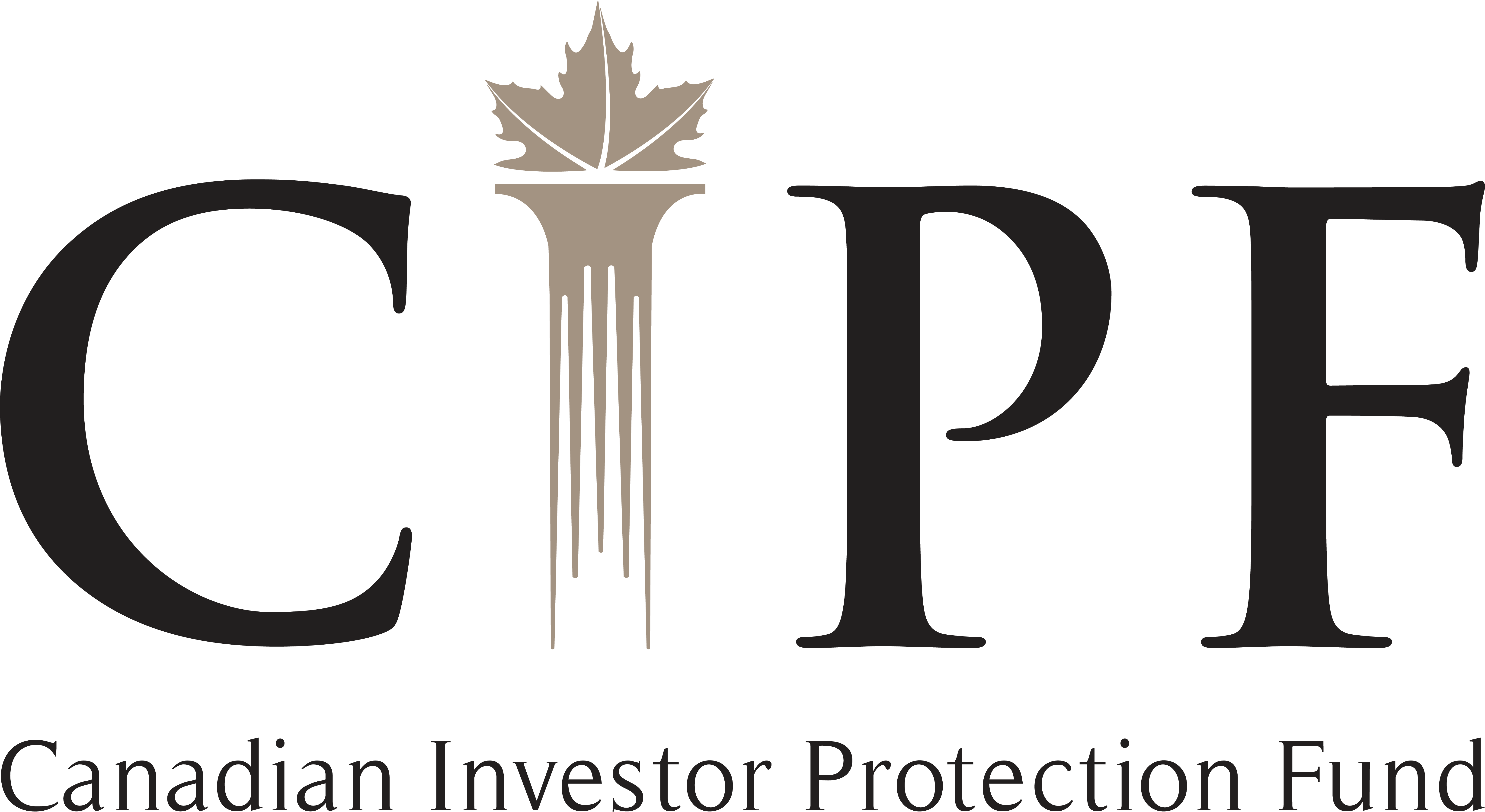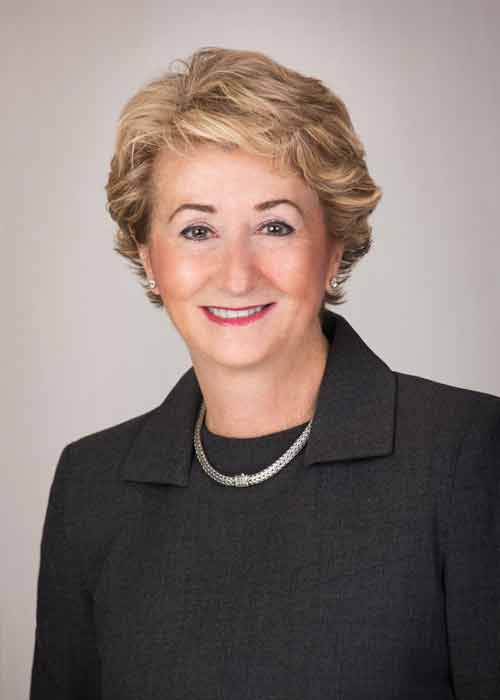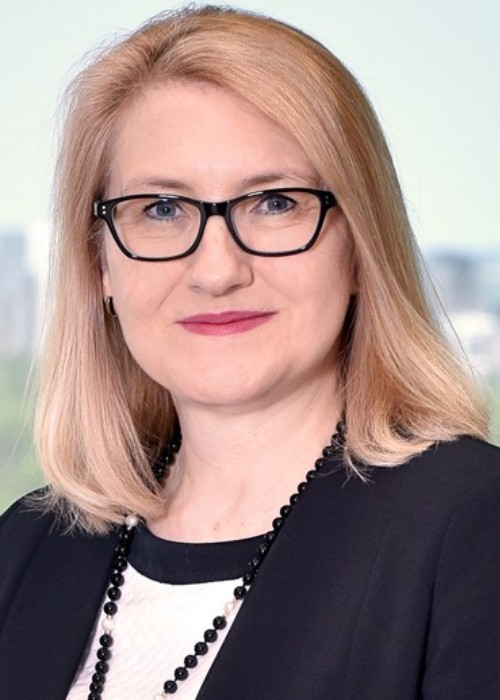Canadian Investor Protection Fund
Governance
By-law
CIPF is a not-for-profit organization formed under the Canada Not-for-profit Corporations Act by the amalgamation of the former Canadian Investor Protection Fund (Former CIPF) and the MFDA Investor Protection Corporation (MFDA IPC). The Articles of Amalgamation set out the purposes of CIPF.
CIPF’s By-law No. 1 is a general by-law that deals with the administration of corporate affairs, including matters relating to the Board of Directors, appointment of auditors, and appointment and duties of officers. Some specific provisions of this By-law are that:
- The property and business of the Corporation shall be managed by a Board consisting of not fewer than 8 or more than 12 Directors, provided that the Board may initially consist of 15 Directors until the expiry of terms of office held by directors of the Former CIPF and MFDA IPC at the time of the amalgamation
- The Board shall be composed of at least one more Public Director than the number of Industry Directors, in addition to the Chief Executive Officer of the Corporation
- The number of Directors shall be determined from time to time by a resolution passed at a meeting of the Members of the Corporation
- The nomination and election of Directors shall be made bearing in mind the desirability of appropriate and timely regional representation and, in the case of Industry Directors, experience with the various aspects of the nature of the business carried on by CIPF member firms
Currently, the Board is comprised of fourteen directors - seven Public and six Industry Directors as well as the President and Chief Executive Officer. The Board of Directors is responsible for the stewardship of the two segregated funds, overseeing the management of CIPF’s business and affairs, and setting the standard of good governance.
The Board may discharge its responsibilities by delegating certain duties to Committees of the Board and to management. The specific duties delegated to each Committee of the Board are outlined in the mandates for those Committees.
CIPF By-law No. 1 is available here.
ShareCodes of Conduct
Annually, all staff must acknowledge that they have read and understood the contents of the CIPF Employee Handbook, have complied with the key policies in the handbook (including the Code of Conduct) during the period being certified, and agree to comply with the purpose and provisions of the employee handbook including future changes to the handbook, when communicated.
Directors are also required to annually acknowledge that they have read and complied with the CIPF Code of Conduct for Directors. The CIPF Code of Conduct for Directors require compliance with the following, among others:
- Not using their position as a Director of CIPF for their own or anyone else’s personal gain
- Maintaining in strict confidence all information gained as a result of being a Director of CIPF that would reasonably be expected to be maintained in confidence
- Consider each existing or proposed activity, appointment, or commercial arrangement to determine whether it might be an actual or potential conflict of interest
- Disclosing any actual or potential conflicts of interest to the Chair

Whistleblower Policy
CIPF Code of Conduct – Ability of Staff to report Violations direct to Audit, Finance & Investment Committee Chair:
CIPF has a Code of Conduct that requires employees to observe high standards of business and personal ethics in the conduct of their duties and responsibilities. Employees must practice honesty and integrity in fulfilling their responsibilities and comply with all applicable laws and regulations. Employees’ conduct, both on and off the job, must reflect favourably upon CIPF.
CIPF has a Whistleblower Policy that is intended to encourage and enable employees to raise serious concerns about violations of the CIPF Code of Conduct. The Whistleblower Policy provides that employees may report complaints and allegations concerning violations of the CIPF Code of Conduct to the Chair of CIPF’s Audit, Finance & Investment Committee.
Reporting of Financial Complaint or Concern by Employees or other Stakeholders:
In addition to the ability of employees to report any violations of the CIPF Code of Conduct to the Chair of the Audit, Finance & Investment Committee, the Board of Directors of CIPF has established a confidential and anonymous process whereby persons can report any financial complaint or concern (“Financial Complaint or Concern”) regarding accounting or auditing matters relating to CIPF.
Reporting Financial Complaint or Concern:
Any person with a Financial Complaint or Concern relating to CIPF may submit their concern in writing to the Chair of CIPF's Audit, Finance & Investment Committee:
Your submission should include a detailed description of the activity for which you have a complaint or concern and, if known, should specify the date(s) and location(s) of such activity.
No Retaliation:
No employee who in good faith reports a Financial Complaint or Concern shall suffer harassment, retaliation or adverse employment consequence. An employee who retaliates against someone who has reported a Financial Complaint or Concern in good faith is subject to discipline up to and including termination of employment.
Handling of Financial Complaint or Concern:
The Chair of the Audit, Finance & Investment Committee will notify the sender and acknowledge receipt of the Financial Complaint or Concern.
Treatment of Financial Complaint or Concern Submissions:
Financial Complaints or Concerns will be reviewed as soon as possible by the Audit, Finance & Investment Committee with the assistance and direction of whomever the Audit, Finance & Investment Committee thinks appropriate and appropriate corrective action will be taken when required.
Acting in Good Faith:
Anyone filing a Financial Complaint or Concern must be acting in good faith and have reasonable grounds before reporting such Financial Complaint or Concern.
Confidentiality:
Financial Complaints or Concerns may be submitted on a confidential basis by the complainant or may be submitted anonymously. Reports of Financial Complaints or Concerns will be kept confidential to the extent practicable, consistent with the need to conduct an adequate investigation.
ShareBoard of Directors
CIPF was formed by the amalgamation of the Former CIPF and the MFDA IPC on January 1, 2023. The CIPF Board is currently composed of the directors of both the Former CIPF and the MFDA IPC immediately prior to the amalgamation.
Click on a name below to learn more about each Director.
- Ann Davis
Chair of the Board (and Public Director)
Toni Ferrari
President & Chief Executive Officer Public Directors
Rita Achrekar
Donald Murray
Walter Pavan
Richard Rousseau
Sharon SparkesIndustry Directors
Sean Etherington
André Langlois
Peter Pacholko
Julie Rochette

Board Committees
The Board has established the following Committees:
Audit, Finance & Investment Committee: reviews the integrity of financial reporting and disclosure, the associated accounting policies, internal controls, and compliance and legal regulatory requirements, and assesses the financial and investment risks that the Fund is exposed to and ensures that adequate management controls are in place to minimize such risk.
Governance, Nominating & Human Resources Committee: reviews the effectiveness of CIPF’s corporate governance system and the human resource risks that CIPF is exposed to and ensures that adequate management controls and processes are in place to minimize such risk.
Risk Committee: is responsible to monitor the adequacy of the two segregated funds resources in relation to the risk each is exposed to due to the failure of a member firm. It also ensures procedures are in place to monitor the adequacy of SRO Capital Requirements and to identify and respond to member firms that may pose a risk to CIPF’s available liquidity resources.
Organizational Chart
The chart below shows how CIPF’s senior management committee is organized.
SVP, Legal, Policy & Corporate Secretary
Ilana Singer
SVP & Chief Financial Officer
Odarka Decyk
SVP & Chief Risk Officer
Joseph Campos

















